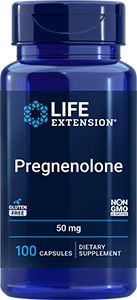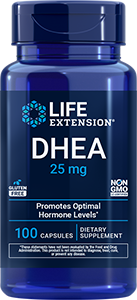| Protocol Cholesterol Reduction
Elevated cholesterol is associated with a greater-than-normal risk of atherosclerosis and cardiovascular disease. While antioxidants can inhibit cholesterol from oxidizing onto the linings of the arteries, knowing and controlling your cholesterol levels is still an important step in preventing cardiovascular disease. Before menopause, women usually have total cholesterol levels that are lower than those of men the same age. As women and men get older, their blood cholesterol levels rise until about 60 to 65 years of age. In women, menopause often causes an increase in LDL cholesterol and a decrease in HDL cholesterol level, and after the age of 50, women often have higher total cholesterol levels than men of the same age. Cholesterol is a vital substance that is synthesized by the liver and other bodily tissues. The body uses cholesterol as a building block for essential organic molecules such as steroid hormones, cell membranes, and bile acids. Our bodies produce between 500 to 1000 mg total serum cholesterol each day, and this amount is added to the typical American's diet, which may contain an additional 500 to 1000 mg a day of additional cholesterol-half of which is absorbed into the body. Therefore, the total elimination of all cholesterol from dietary sources may not be enough for some people, and over time they may face elevated cholesterol levels and require additional measures to control or reduce cholesterol (Heart Disease, Preventive Medicine, 1992). The discovery that artichoke leaf extract reduces elevated cholesterol levels opens up exciting perspectives in the prevention and treatment of arteriosclerosis and coronary heart disease. It was as early as the 1930s that scientists first discovered that artichoke extract had a favorable effect on atherosclerotic plaques in the arteries (Tixier, 1939). Later animal studies, in which rats were fed a high-fat diet, also showed that artichoke extract prevented a rise in serum cholesterol levels and the manifestation of atherosclerotic plaque (Samochowiec, 1959 and 1962). | 




